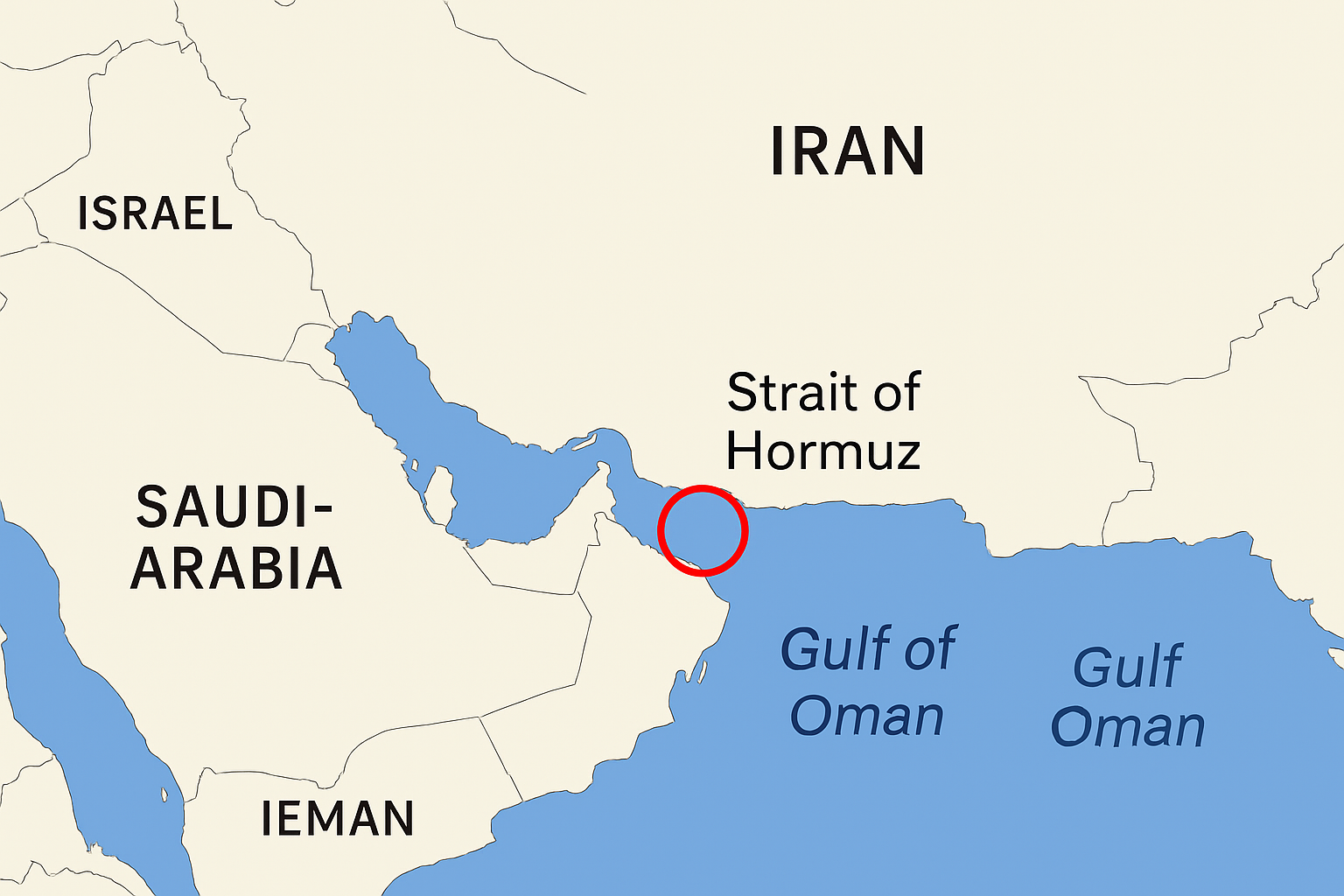🗺️
Monday morning. Coffee in hand. News on my screen.
Iran’s parliament just voted to close the Strait of Hormuz, the world’s busiest oil shipping lane. Maybe you saw the headline too. It’s the kind of news that makes you pause. Maybe you wonder what it means, or maybe you just sigh and keep scrolling. For me, as a cost engineer, and someone who cares about helping ordinary people understand money, this headline lands differently.
📰 Headlines and Wallets Aren’t So Far Apart
Big world events always seem far away, until they’re not. The Strait of Hormuz is a little stretch of water, but it carries about 20% of the world’s oil and gas exports. If Iran shuts it, or even just threatens to, oil prices shoot up. This morning, they’ve hit a five-month high. That means higher petrol prices, steeper food costs, even building supplies get more expensive. All those numbers trickle down to you and me.
🧮 The Cost Engineer in Me Does the Maths
Every time I see a headline like this, I can’t help but think about costs. How much more will a project cost if fuel prices jump? Will the budgets hold up? In construction, a spike in fuel or materials can flip a profitable job into a loss. Even if you don’t work in construction, you might notice your heating bill going up, groceries creeping higher, or the price at the petrol station stinging a bit more.
💼 Why Entrepreneurs and Everyday People Should Care
[Insert image: Entrepreneur at laptop, open sign on a small shop, or a group brainstorming]
For entrepreneurs, world events are more than just news—they can change the whole game. Rising costs mean we have to find new ways to save, rethink suppliers, or even change our business plans. It’s tough, but it’s also a chance to get creative. And that’s exactly why I write about money and side hustles. Because the world doesn’t stop being unpredictable. We just learn how to deal with it.
🛠️ What Can You Actually Do?
Here are a few things I’m thinking about today. Maybe they’ll help you too:
- Track your energy and transport spending over the next month. Small changes add up.
- If you run a business, double-check your contracts. Look for any rules or protections about price changes.
- Try little tweaks at home—insulate, carpool, or shop around for better energy deals.
- If you can, set aside a bit extra in your budget, just in case prices keep climbing.
The goal isn’t to panic. Just pay attention and make small, smart moves.
💬 Let’s Talk About It
If you want practical tips for building financial resilience, have a look at my latest book or check out the free tools here at kunleajifowoke.com. How are you feeling about these headlines? Have you noticed any changes in your own spending? Drop a comment below. I really do read every one.
Stay resilient,
Kunle Ajifowoke
